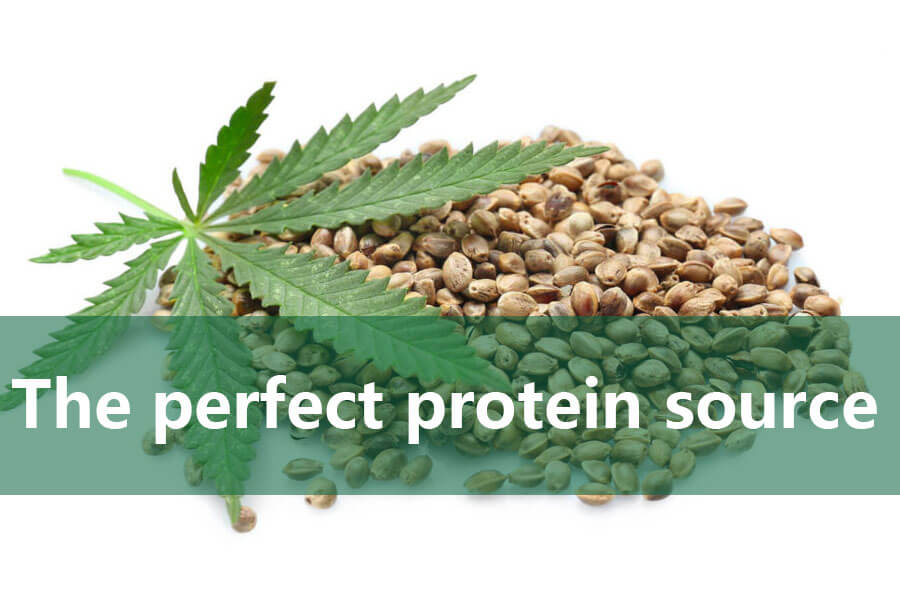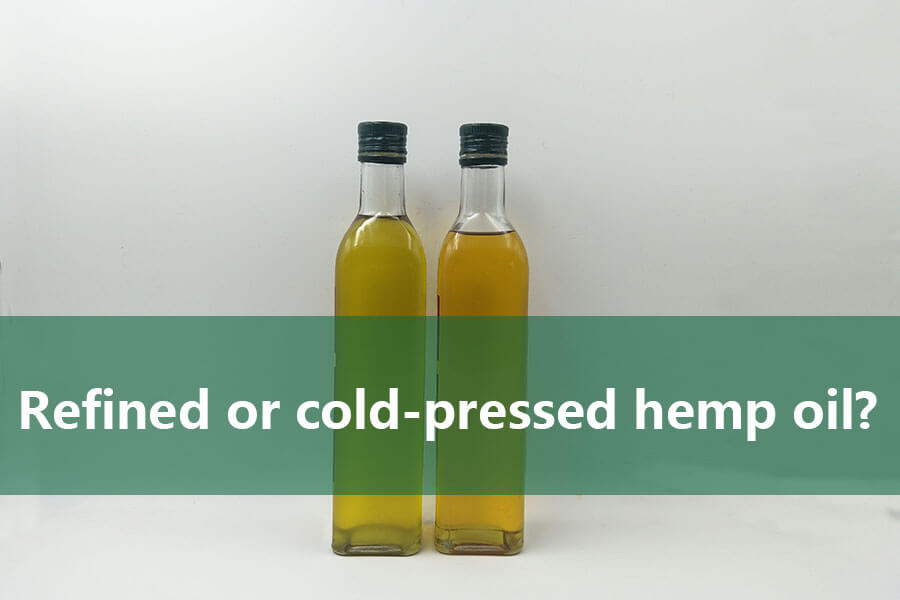Hemp seed oil is a natural product derived from the seeds of the hemp plant, Cannabis sativa L. Hemp seed oil is not to be confused with hemp oil, which is extracted from the flowers and leaves of the hemp plant and contains the psychoactive compound tetrahydrocannabinol (THC). Hemp seed oil contains only trace amounts of THC and is mainly composed of polyunsaturated fatty acids (PUFAs), especially omega-3 and omega-6, that have various health benefits for the human body.
Hemp Seed Oil and Inflammation
One of the main benefits of hemp seed oil is its anti-inflammatory effect. Inflammation is a natural response of the immune system to injury or infection, but chronic inflammation can lead to various diseases, such as arthritis, diabetes, heart disease, and cancer. Hemp seed oil can help reduce inflammation by providing the body with essential fatty acids that modulate the production of inflammatory mediators, such as prostaglandins and cytokines. A 2011 study suggests that adding omega-3s, such as those found in hemp seed oil, to your diet can reduce inflammation.
Hemp Seed Oil and Skin Disorders
Another benefit of hemp seed oil is its positive impact on skin health. Hemp seed oil can improve the appearance and function of the skin by providing it with moisture, nutrients, and antioxidants. Hemp seed oil can also help treat various skin conditions, such as acne, eczema, psoriasis, and lichen planus. A 2014 study concludes that hemp oil (nonpsychotropic phytocannabinoid cannabidiol) is a potent and potentially universal anti-acne treatment. A 20-week study in 2005 concludes that dietary hemp oil resulted in the improvement of eczema symptoms. A 2015 study indicates that omega-3 fatty acids, as a nutritional supplement, may be beneficial in the treatment of psoriasis. A 2014 article indicates that hemp oil is useful for the treatment of the inflammatory skin condition lichen planus.
Hemp Seed Oil and Hormonal Balance
Hemp seed oil can also help balance the hormones in the body, especially for women who suffer from premenstrual syndrome (PMS) or menopause. Hemp seed oil contains gamma linolenic acid (GLA), a type of omega-6 fatty acid that can help regulate the levels of prolactin, a hormone that can cause PMS symptoms, such as mood swings, breast tenderness, and bloating. A 2011 study suggests that women with PMS who took 1 gram of fatty acids that included 210 mg of GLA experienced a notable decrease in symptoms. Hemp seed oil can also help ease the symptoms of menopause, such as hot flashes, night sweats, and vaginal dryness, by providing the body with phytoestrogens, plant-based compounds that mimic the effects of estrogen. A 2010 study of rats indicates that hemp seed helps to protect against complications of menopause, most likely because of its high levels of GLA.
Conclusion
Hemp seed oil is a versatile and beneficial product that can help improve various aspects of health, such as inflammation, skin disorders, and hormonal balance. Hemp seed oil is rich in essential fatty acids, antioxidants, and phytochemicals that can modulate the immune system, nourish the skin, and support the endocrine system. Hemp seed oil can be consumed as a dietary supplement, applied topically to the skin, or used in cooking to add nutritional benefits to your meal. However, before using hemp seed oil, it is advisable to consult your doctor, especially if you have any medical conditions or are taking any medications. Hemp seed oil may interact with some drugs or cause allergic reactions in some people. Hemp seed oil is a natural and safe product that can enhance your health and well-being.


